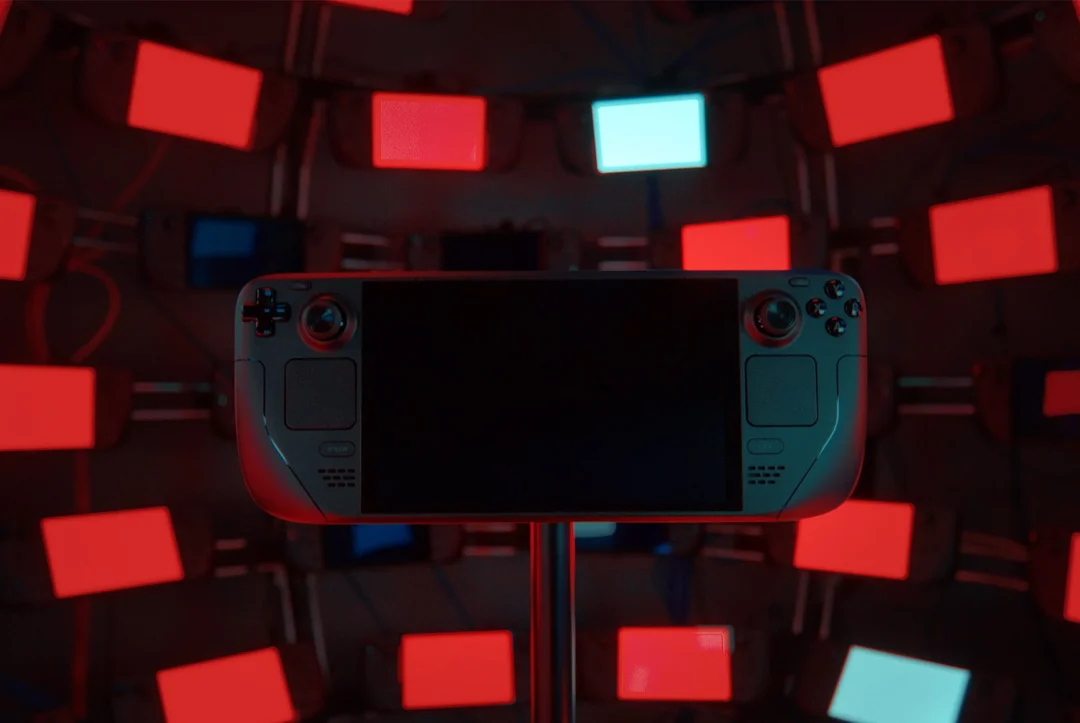
SteamOS vs. Windows 11: Is Valve’s OS the Future of PC Gaming Handhelds?
The debate is raging: is SteamOS a viable alternative to Windows 11 for handheld PC gaming? Early comparisons are suggesting a resounding yes, with SteamOS devices leaving their Windows 11 counterparts in the dust, particularly when it comes to performance and battery life. This news is shaking up the industry, forcing a hard look at Microsoft's dominance in the gaming space.
SteamOS, Valve's Linux-based operating system, is proving to be a serious contender, offering significant advantages on handheld devices like the Lenovo Legion Go S. While Windows 11 remains the most popular OS, its growing bloat and privacy concerns are pushing users to explore open-source alternatives. Thanks to Valve's Proton compatibility layer, the hurdle of PC game compatibility is rapidly disappearing.

The performance gap is significant. Dave2D's analysis of the Legion Go S reveals a stark contrast between the two operating systems. While the Windows 11 version faced criticism for underwhelming performance and battery life, the SteamOS variant, developed in partnership with Valve, showcases the hardware's true potential.
The battery life differences are especially striking. In 2D games like Dead Cells, the SteamOS-powered Legion Go S offered over 6 hours of gameplay, while Windows 11 managed a meager 2.75 hours. While the performance in graphically intensive games like Cyberpunk 2077 was comparable, the power efficiency of SteamOS in lighter titles highlights Windows 11's general inefficiency.
This performance boost isn't limited to just one device. Valve's recent SteamOS 3.7.8 update brings official support to other AMD-powered handhelds like the ASUS ROG Ally, making it easier than ever to install and run SteamOS on these devices. The update also includes several improvements for the Steam Deck. This includes Bluetooth microphone support in Desktop Mode, the ability to turn on the Steam Deck screen remotely via Bluetooth, and a Battery Charge Limit setting helping to prolong battery longevity.
The compatibility advantages of Windows 11 are shrinking. SteamOS offers increasing support for various game launchers and with the rate of performance improvements that SteamOS is exhibiting, Windows 11 could eventually be left in the dust for PC gaming.
Valve's commitment to SteamOS is clear, with ongoing partnerships and hints at future expansion. The question now is whether Microsoft will react and optimize Windows 11 for handheld gaming, or whether SteamOS will become the dominant force in this emerging market.

The battle for handheld gaming supremacy is heating. Is SteamOS truly the future? What steps will Microsoft take to regain its edge? Share your thoughts in the comments below!